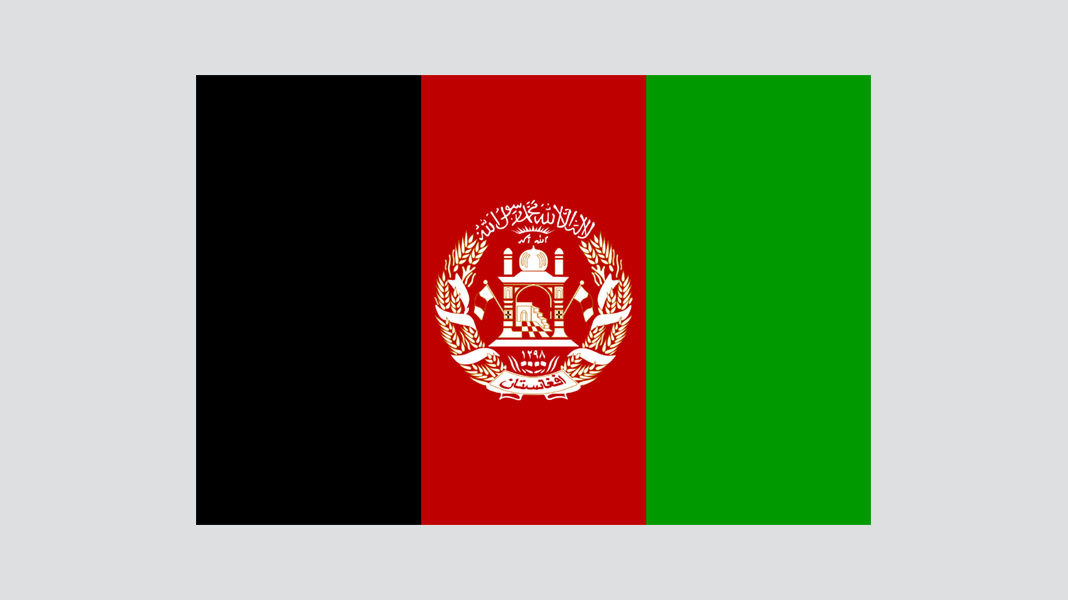Donor conference Minister Müller calls for emergency relief fund ahead of United Nations Donor Conference for Afghanistan in Geneva
Müller said:
“The situation in Afghanistan is dramatic. A humanitarian disaster is imminent. The people of Afghanistan are suffering not only under the violent takeover by the Taliban, but also from the effects of a severe drought. On top of that, the COVID-19 pandemic is spreading unchecked. Already, nearly half the population – more than 18 million people – is in need of assistance. It is estimated that over the next 12 months half of all children under five will become severely undernourished. Currently, however, only about forty per cent of Afghanistan's humanitarian needs are being met. The international community must now act quickly and do everything possible to ensure that the Afghan people are provided with sufficient supplies to cover their basic needs.”
“At the same time, we must not lose sight of the other crises in the world – for example, in Yemen, the Sahel region or Syria and the crisis-stricken region around it. The United Nations' aid organisations are ready to provide rapid assistance. However, they lack predictable and proactive funding. The food reserves held by the World Food Programme for Afghanistan will be exhausted by the end of September. And aid efforts in Yemen have been scaled down. Merely because the necessary funds are lacking! This, for us, is unacceptable.”
“The system basically needs reforming. The UN and its aid organisations should no longer have to go round, cap in hand, begging for funds. Instead, they need to be able to act with appropriate foresight, planning their actions ahead, and for that they need adequate funding. That would enable us to act very differently in many crisis regions.”
“With an UN Emergency and Crisis Fund of 10 billion euros at our disposal, we could act in a timely manner to prevent deaths from hunger or lack of medicines. So, why not do this? The system of international assistance needs to change, needs to be reformed – away from a system of crisis intervention to one of crisis prevention. It is unacceptable that people have to die first before funds are made available. What we need to do is budget ahead, with foresight. To act at an early stage is much more sensible than to wait.”
“The international community is at a crossroads. It can choose to set the UN on a course that will enable the international community to intervene more effectively to prevent crises. Or it can choose to continue to accept uncontrolled mass movements of people and horrendous suffering. Germany is already forging the way by providing 600 million euros in emergency relief aid for displaced persons and refugees, in both Afghanistan and the region around it. The international community now needs to follow suit.”
